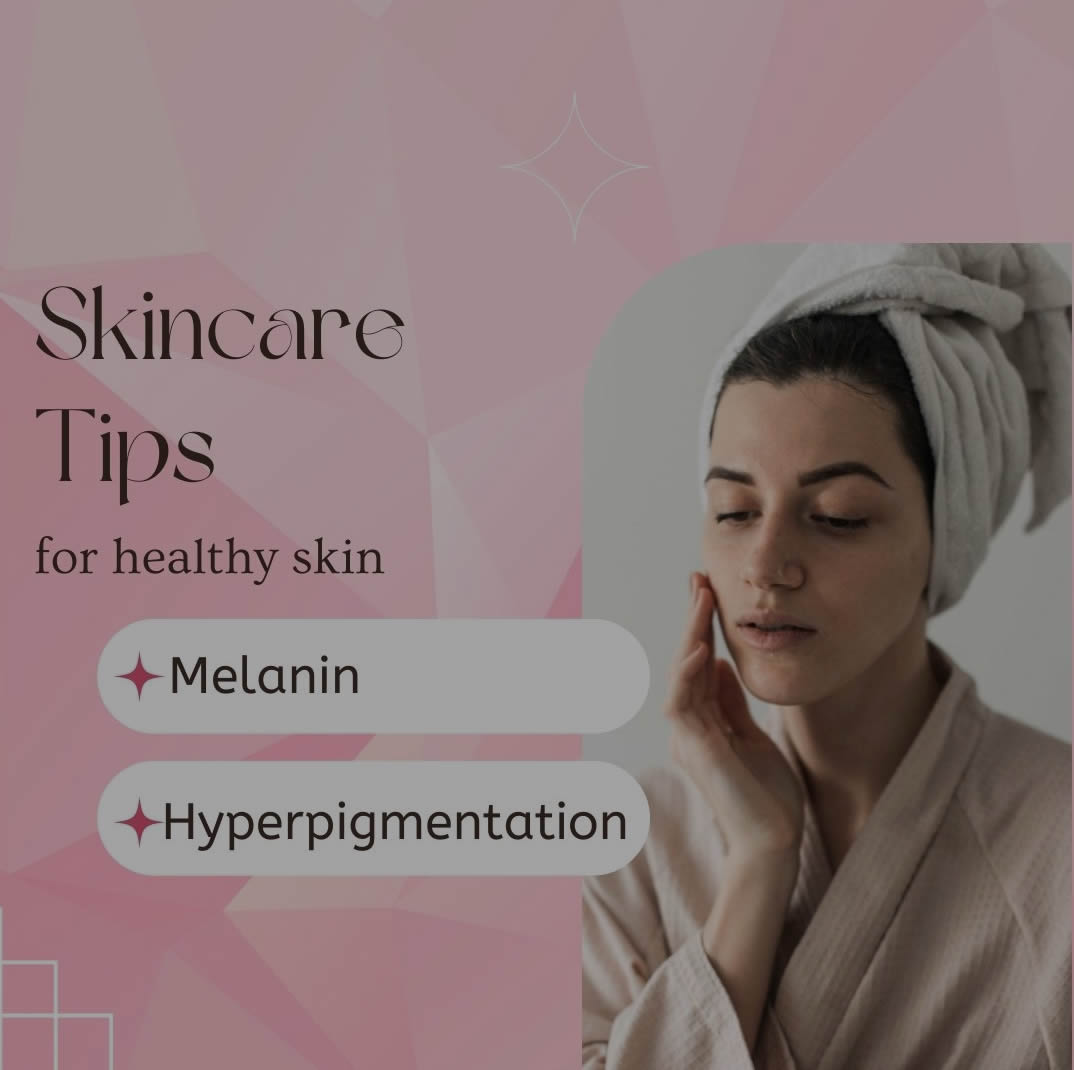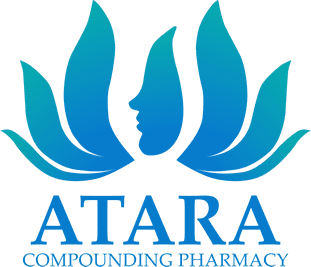Skin Hyperpigmentation
Melanin is the substance produced in the skin which gives our skin its own unique hue. Hyperpigmentation is when there is an excess of melanin production that causes patches of skin to be darker than the skin surrounding it. It can occur in people of any skin type or colour and anywhere on the body, although it is of course, most distressing when it occurs on the face, hands or other very visible places.
Some of the causes of hyperpigmentation are too frequent sun exposure, hormonal changes such as pregnancy, certain medications or disease states, or after skin trauma, inflammation or damage.
While hyperpigmentation itself causes no harm, there are many treatment options to aid in its reduction, where it causes cosmetic distress. Over the counter creams may help in mild cases, although prescription strength creams are most effective. Dermatologists can offer other treatments such as laser treatment, pulsed lightor chemical peels. (Note: these types of treatments should only be carried out by qualified professionals.)
The most common treatment option usually involves topical creams prescribed by a GP or dermatologist with actives or combinations of actives that act on the melanin production itself. By reducing the production of new melanin, the hyperpigmentation reduces over time as the skin cells turnover naturally. Consequently.they take 3-6 weeks to work and should rarely be continued beyond 3-6 months. Beyond this, they offer no benefit and may cause harm.
Hydroquinone, ascorbic acid, retinoids, corticosteroids, niacinamide, methimazole, arbutin, and kojic acid are some of the active ingredients that can be found in treatments for hyperpigmentation. Combinations of actives are used together to lower melanin production, reduce inflammation and improve skin cell turnover.

These actives are not without side effects, and so prescribers often utilise a compounding pharmacy to customise a product to suit the exact needs of the patient, taking into consideration their medical history, site of the pigmentation and any known allergies. A compounding pharmacy is qualified to combine the required ingredients into a stable, elegant and effective preparation.
Some tips for applying compounded hyperpigmentation creams:

